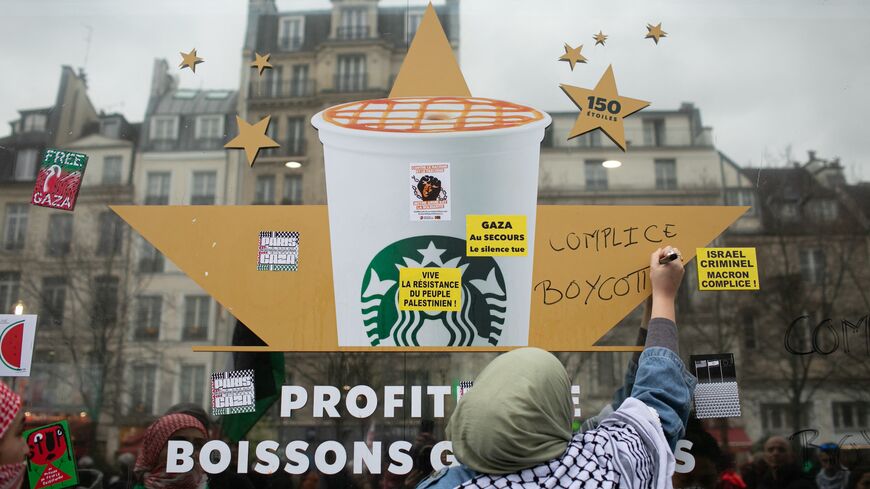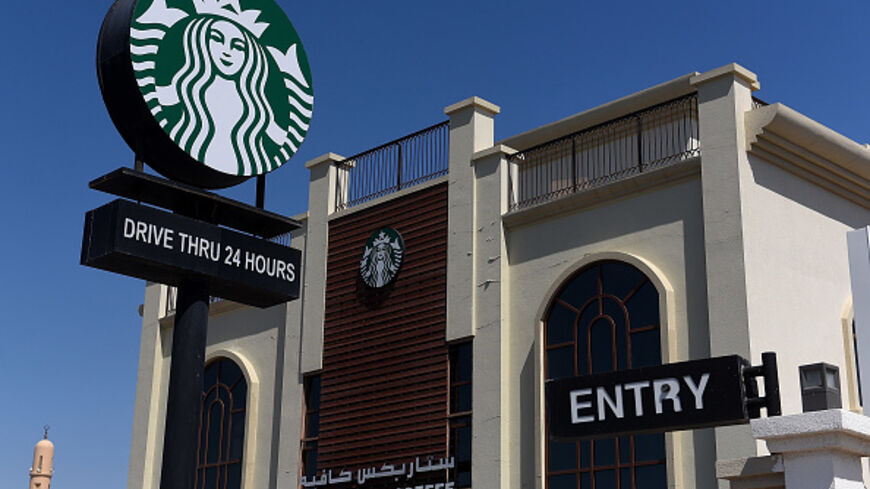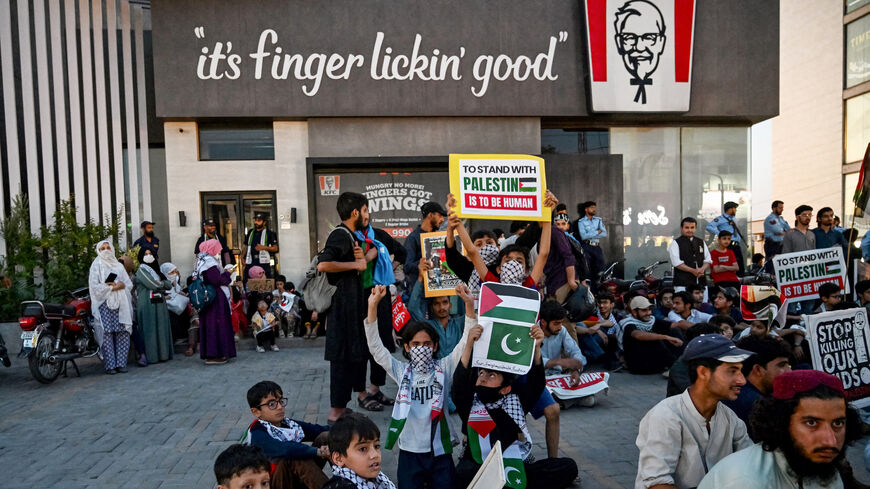Starbucks pledges $3M to World Central Kitchen for Gaza meals
The coffee giant has announced a large donation to the aid group World Central Kitchen, which lost seven of its staff members earlier this month in an Israeli airstrike.

Starbucks’ charity arm and its regional operator in the Middle East and North Africa announced on Tuesday that it is donating $3 million to the food charity World Central Kitchen.
The Kuwait-based AlShaya Group, which operates around 1,900 stores across the region, and the Starbucks Foundation committed to a $3 million donation to World Central Kitchen in March for the provision of one million meals to people in Gaza. The two entities also announced an employee donation-matching initiative to raise funds for food aid in Gaza via the aid organization, AlShaya Group said in a statement. For perspective, World Central Kitchen’s aid shipment from Cyprus in late March brought in enough food for one million meals.
Earlier this month, seven of World Central Kitchen’s aid workers were killed in a widely condemned Israeli airstrike in Gaza. The Israel Defense Forces concluded in a subsequent investigation that judgment errors and failures to heed instructions led to the deadly strike. The IDF fired two reserve officers and sanctioned two commanders over the incident.
In a statement released after the findings, World Central Kitchen said the IDF investigation marked “important steps forward” but demanded an independent commission to more thoroughly investigate the deaths, saying the military must enact “systemic change.”
The charity said it paused operations in the region following the deaths of its staff. The organization did not immediately reply to Al-Monitor’s request for an update.
The $3 million commitment was made before the strike, according to AlShaya’s statement. AlShaya Group expressed support for World Central Kitchen as the charity evaluates its work in the region.
“We grieve with World Central Kitchen’s team in Gaza and their families around the world,” wrote AlShaya in the statement announcing the donation. “As the organization takes the time to reevaluate when its operations will resume in the region, our commitment remains unwavering.”
Why it matters: Starbucks and AlShaya are both in financial difficulties related to the Gaza war. In March, AlShaya said it plans to lay off more than 2,000 people — about 4% of its total workforce — due to the “continually challenging trading conditions over the last six months.”
Starbucks has faced boycotts since the start of the war over its perceived support for Israel, but the issue predates the current conflict. Starbucks and specifically its former CEO Howard Schultz have long been accused of supporting the Israeli government, though the firm has denied the charge. In 2014, Starbucks issued a statement clarifying that neither the company nor Schultz provide any financial support to the country. Starbucks closed its stores in Israel in 2003, citing "operational challenges" in the market, according to a fact sheet from the company.
In a Monday update, the United Nations’ Office for the Coordination of Humanitarian Affairs said that 1.1 million people in Gaza are facing “catastrophic levels of food insecurity.” More than 2 million people lived in the enclave before the war began.
Earlier this month, Israel approved the reopening of the Erez crossing into northern Gaza after US President Joe Biden and Israeli Prime Minister Benjamin Netanyahu spoke on the phone. That conversation was the two leaders’ first after the World Central Kitchen workers were killed.
Know more: Starbucks is not the only company to face difficulties related to the Israel-Hamas war. Earlier this month, McDonald’s Israeli operator agreed to sell the business to the parent company.
McDonald’s has faced boycott calls from pro-Palestinian activists since the start of the war. In October, McDonald’s Israel attracted attention for providing meals to Israeli soldiers.
The American fast food giant’s various franchises in the region have responded differently to the war. Franchises in the Gulf, Jordan and Turkey issued statements disassociating themselves from their Israeli counterpart after the provision of meals to the soldiers and pledging aid to Gaza, Reuters reported at the time.








